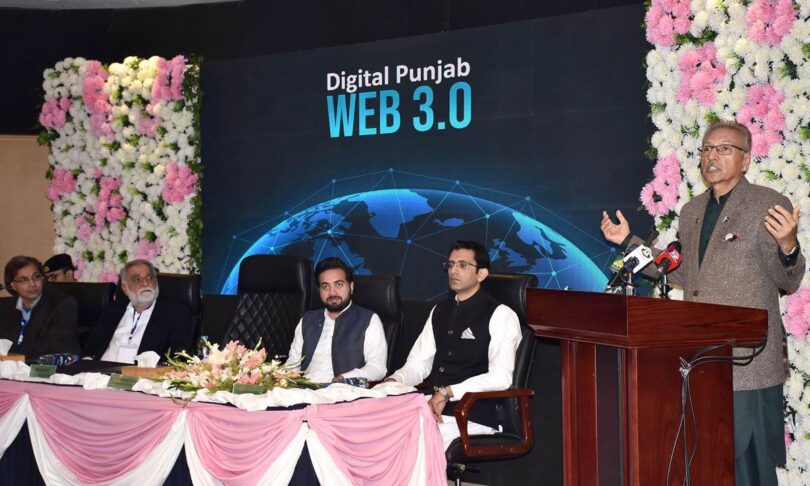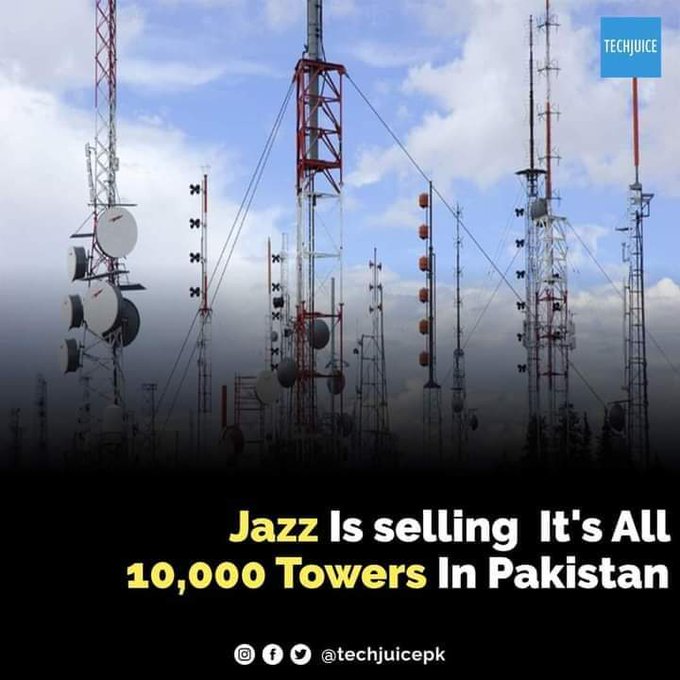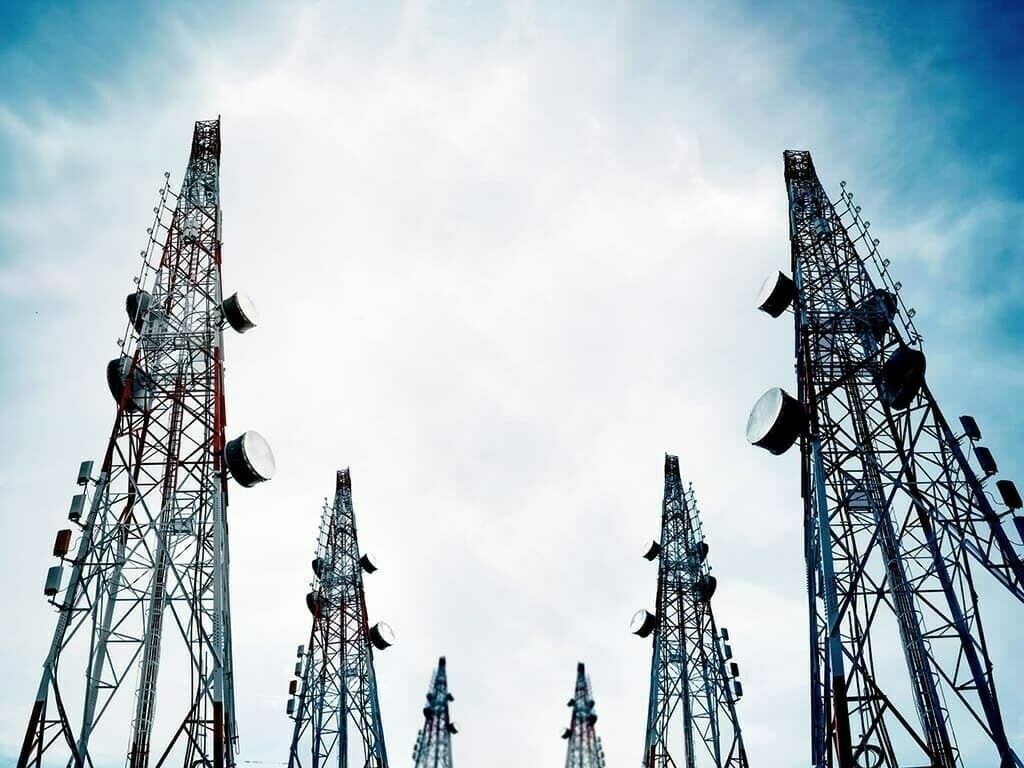Luosifen
FULL MEMBER

- Joined
- Feb 17, 2022
- Messages
- 743
- Reaction score
- 0
- Country
- Location
CMPaK awards Pakistani network heroes
By Mariam Raheem | Gwadar Pro Oct 21, 2022
ISLAMABAD, Oct. 21 (Gwadar Pro) - CMPaK held a ceremony of network excellence demonstration and donation to the Sindh provincial government here on Thursday. Individuals and teams who have made key contributions towards to company’s network excellence were presented with awards on the occasion.
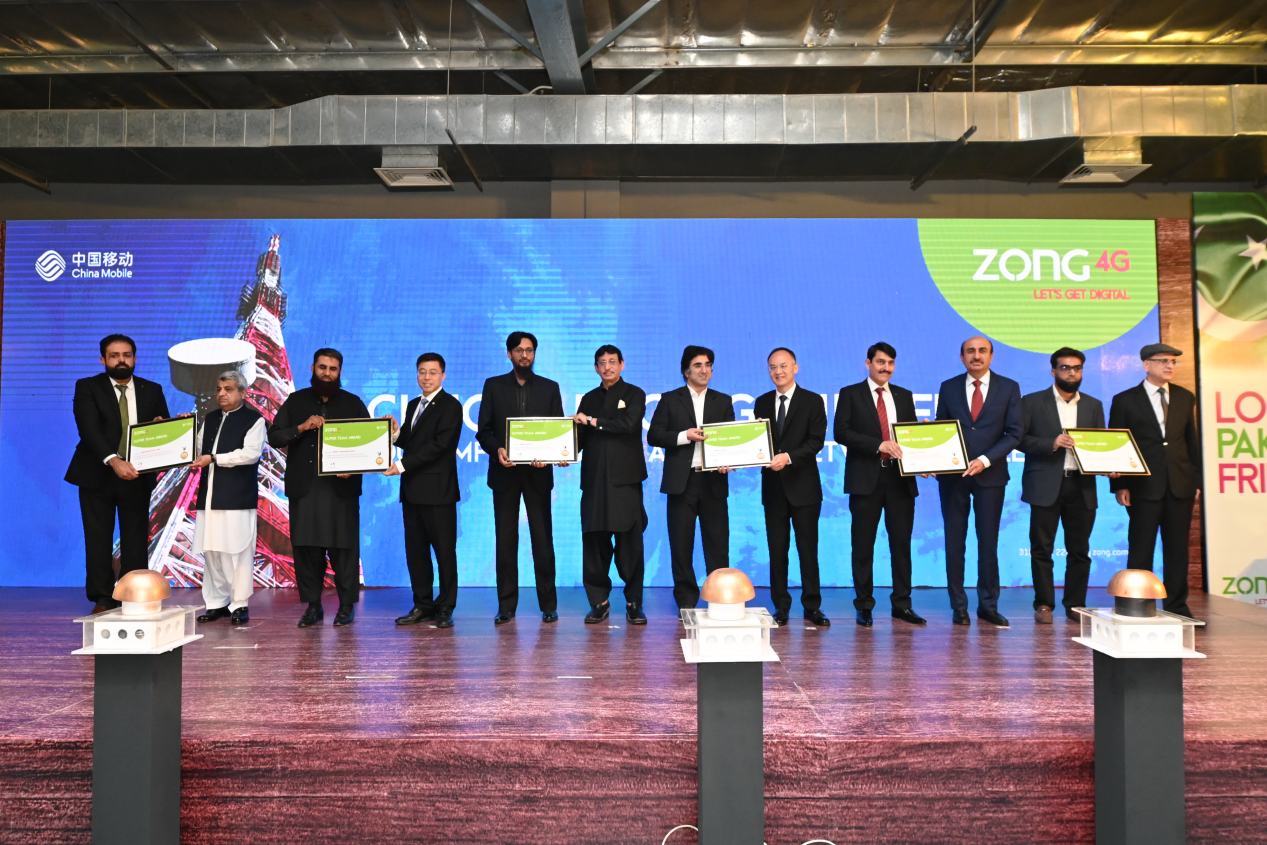
Awarded employees who have made contributions towards to CMPak’s network excellence
Minister of IT and Telecommunication Syed Amin Ul Haque applauded the network’s superlative quality. He said, “the floods have affected the lives of millions of Pakistanis. CMPak stepped forward at a difficult time when the country needed their help most, restoring the Internet access in the affected areas in a short period of time. It has shown extraordinary resilience and will, as well as outstanding leadership and technical capabilities, which deserve the respect of the Pakistani people.”
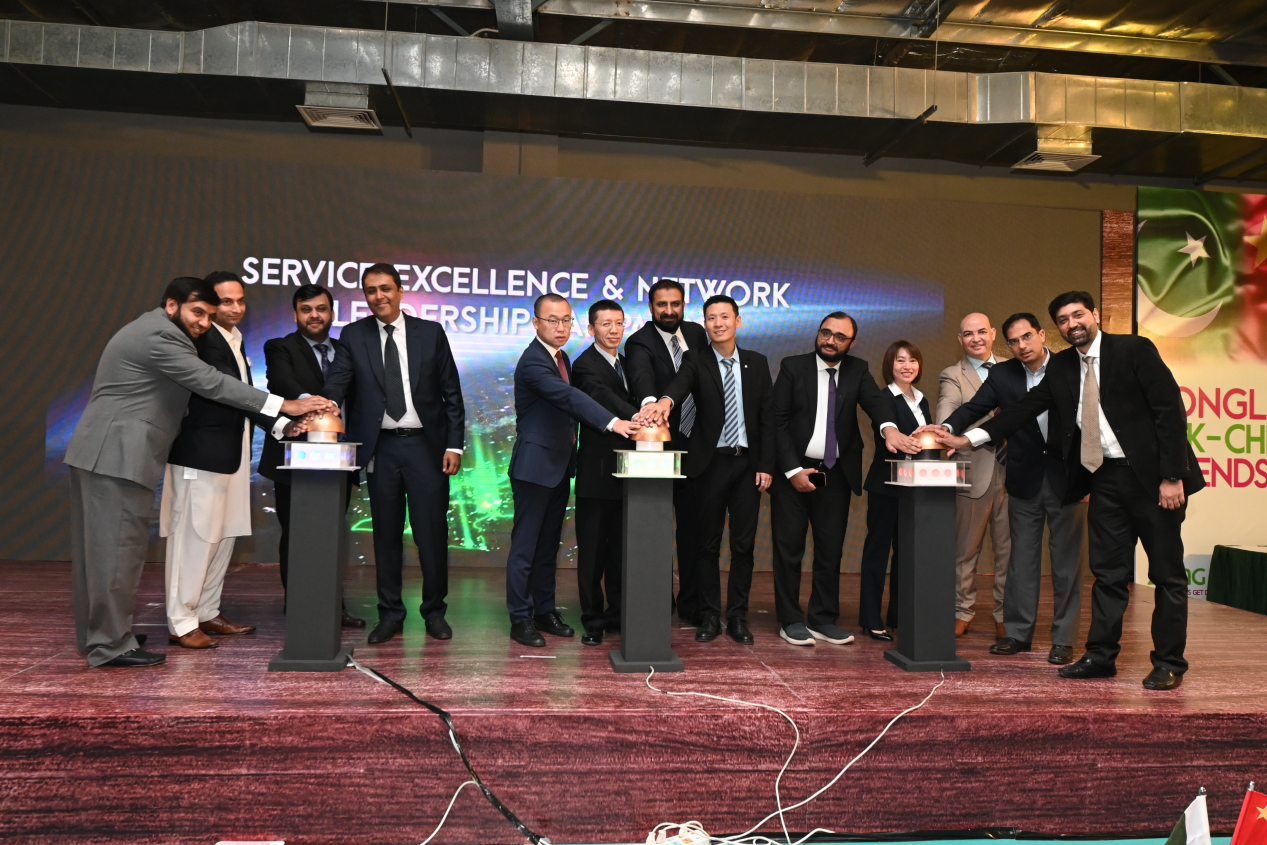
New Network improvement Campaign Launch
Nong Rong, Chinese Ambassador to Pakistan, highlighted in his speech that after the devastating floods in Pakistan, CMPak quickly invested a lot of manpower and material resources to repair the service base station, and ensured the communication in the disaster area to be restored in a short time, which shows the strong friendship between China and Pakistan. It also actively donated money and materials, fully reflecting the social responsibility of Chinese-funded enterprises.
“I am extremely proud of our technical employees who remained on their toes, day and night, to restore network in areas which were completely submerged in flood water and where the infrastructure was damaged,” Zong CEO Wang Hua said at the event. “Our teams recovered 99% of the CMPak network in three weeks, which is a commendable effort.”
More than 1,000 of CMPak’s base stations have been out of service due to severe flooding in Pakistan. In the face of the disaster, the company’s employees braved the difficulties and grabbed one communication “lifeline” after another. Within three weeks, the company achieved the basic restoration of the service base stations, effectively ensuring a smooth network for people and government departments in the disaster area.
Furthermore, CMPak has launched a free call plan in the flood-hit areas of Pakistan with more than 3.1 million subscribers. It has also assisted governments in sending 117 million text messages against flooding. Medical camps have been set up in four hard-hit areas, where the company is providing free food and medicine and conducting free medical treatment activities. The company also organized the staff to carry out “One Day Donation” campaign to raise Rs 4 million. Together with the company’s donation, Rs 10 million were donated to the Sindh government for flood relief and post-disaster reconstruction.
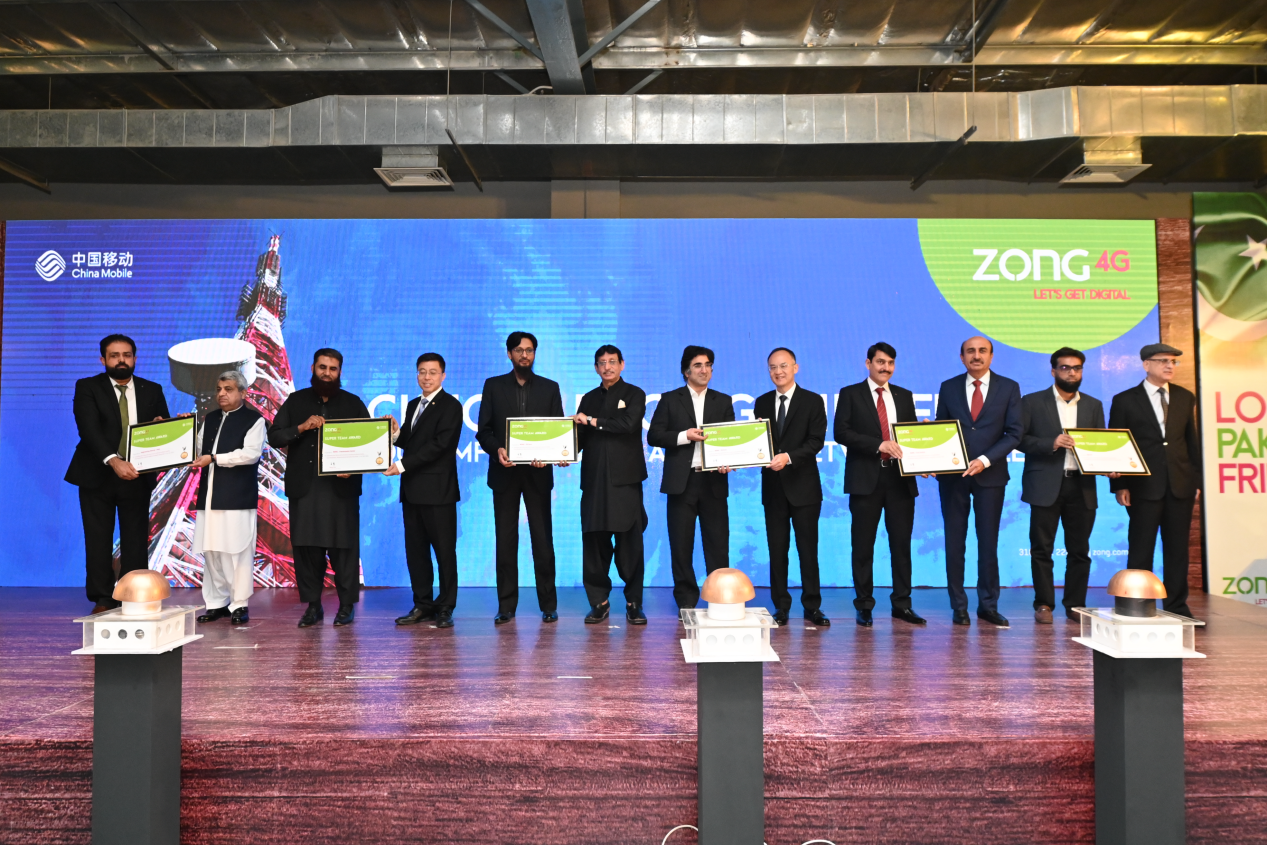
CMPaK awards Pakistani network heroes
ISLAMABAD, Oct. 21 (Gwadar Pro) - CMPaK held a ceremony of network excellence demonstration and








